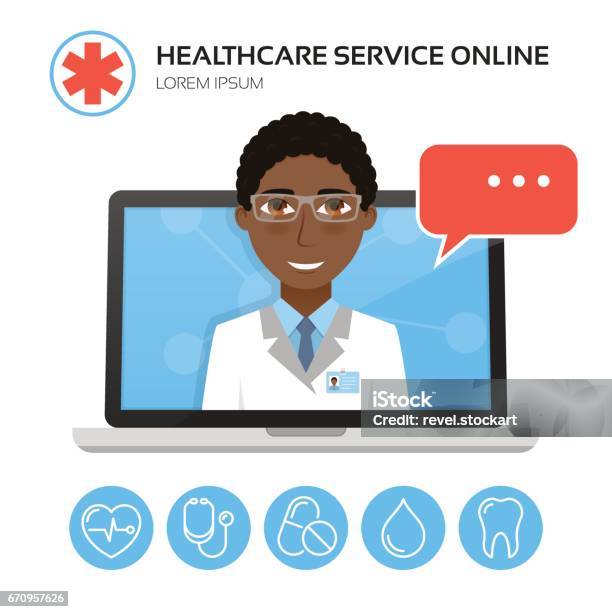Discover the Benefits of Subscription Based Healthcare for Affordable Medical Care
Discover the Benefits of Subscription Based Healthcare for Affordable Medical Care
Blog Article
The Surge of Subscription-Based Healthcare and Its Effect on Patient Treatment
As healthcare advances, the subscription-based design is gaining traction, promising to revolutionize individual care by offering predictability and accessibility. These designs, which bypass typical insurance coverage, might redefine the patient-doctor dynamic, highlighting preventative and individualized treatment. Yet, similar to any kind of innovation, they present challenges, especially concerning equitable access for all socioeconomic groups. The potential for these versions to reshape health care shipment increases pressing concerns regarding their long-lasting sustainability and inclusivity. Are these subscription solutions the future of healthcare, or do they risk leaving vulnerable populations behind? The complexities of this shift warrant a closer evaluation.
Understanding Membership Medical Care Models
Grasping the idea of subscription medical care models includes taking a look at a transformative method to medical services that stresses affordability and access. These versions, commonly described as direct medical care (DPC) or attendant medicine, have arised as innovative options to traditional fee-for-service medical care systems. Registration health care allows people to pay a set regular monthly or yearly fee for a defined set of clinical services, which may include unlimited workplace check outs, routine check-ups, and fundamental laboratory examinations, without the need for traditional insurance billing.
The structure of registration healthcare models is made to improve individual treatment by removing third-party payers and complex billing codes, consequently lowering administrative burdens. Doctor can focus a lot more on person treatment, cultivating stronger patient-provider partnerships. This version also promotes preventative care by encouraging regular sees, as the economic barrier of per-visit charges is removed.
The registration design commonly empowers doctor to handle smaller person panels, permitting for even more individualized care. It lines up economic rewards with patient wellness outcomes, as suppliers are encouraged to maintain person complete satisfaction and health. Generally, comprehending membership medical care designs requires acknowledging their possible to reshape exactly how treatment is provided and accessed.
Benefits for Companies and individuals

For companies, subscription-based models offer the possibility to grow patient-provider relationships. With a stable profits stream, medical care experts can devote even more time to every client, leading to a much more personalized and complete treatment experience. This design additionally reduces dependence over person volumes, alleviating burnout and improving work satisfaction. The emphasis on precautionary care within membership plans can lead to better person outcomes and minimized lasting health care prices. By concentrating on continual treatment, carriers can attend to concerns before they escalate, inevitably profiting the healthcare system overall by reducing the worry on emergency situation and intense care solutions.
Problems and challenges
While subscription-based medical care designs present many advantages, they additionally come with a set of difficulties and concerns that should be addressed. This elevates moral concerns regarding equitable accessibility to health care solutions.
Financial sustainability of subscription-based designs is one more worry. Suppliers have to balance the set revenue from memberships with the variable costs of healthcare services, which might fluctuate because of unforeseen clinical requirements. This can develop stress to restrict services or rise fees, possibly affecting person contentment and care quality.
Additionally, regulatory oversight of subscription-based health care versions is still evolving. Attending to these obstacles is critical for the successful and fair implementation of subscription-based healthcare.
Influence On Patient-Doctor Relationships
One considerable influence of subscription-based health care versions on patient-doctor partnerships explanation is the potential for boosted continuity and personalized care. By adopting a subscription model, physicians can take care of a smaller client panel, enabling more specialized time with each person. This increased accessibility cultivates a much deeper understanding of a patient's medical background, lifestyle, and preferences, allowing extra customized therapy plans and interventions.

Nevertheless, it is essential to recognize that while subscription-based versions might profit those that can manage them, they could inadvertently widen medical care variations. Patients that are not able to join these models might see here experience reduced accessibility to personalized treatment, possibly influencing their relationships with health care suppliers. Hence, while the membership design provides promising advantages for patient-doctor relationships, it additionally presents challenges that require to be addressed to ensure fair medical care gain access to.
Future of Healthcare Gain Access To

The function of modern technology can not be forgotten in this transformation. Telemedicine platforms and electronic health documents facilitate seamless interaction between individuals and doctor, breaking down logistical and geographical barriers. In addition, innovations in expert system and data analytics can further individualize healthcare by predicting person requirements and enhancing therapy plans.
Nonetheless, the future of healthcare gain access to likewise presents challenges, such as making sure equity throughout different socio-economic groups. Policymakers and healthcare providers have to work together to link the digital divide, making sure that subscription-based versions remain budget-friendly official statement and inclusive. As these systems grow, they hold the assurance of making medical care much more available, effective, and patient-centric.
Verdict
Subscription-based healthcare versions are improving person care by providing a secure price structure and improving accessibility. The increase of subscription-based health care urges positive patient engagement, which has the potential to boost patient outcomes and contentment, signifying a transformative change in health care shipment.
As health care progresses, the subscription-based model is getting traction, promising to transform individual treatment by offering predictability and availability.Subscription-based health care versions supply unique benefits for both providers and people, improving the general healthcare experience.As medical care systems progress, the future of health care accessibility regularly hinges on the combination of innovative designs and innovations.Subscription-based health care versions are improving individual care by giving a stable expense framework and boosting accessibility. The rise of subscription-based medical care urges proactive person engagement, which has the potential to improve individual outcomes and fulfillment, signifying a transformative shift in healthcare delivery.
Report this page